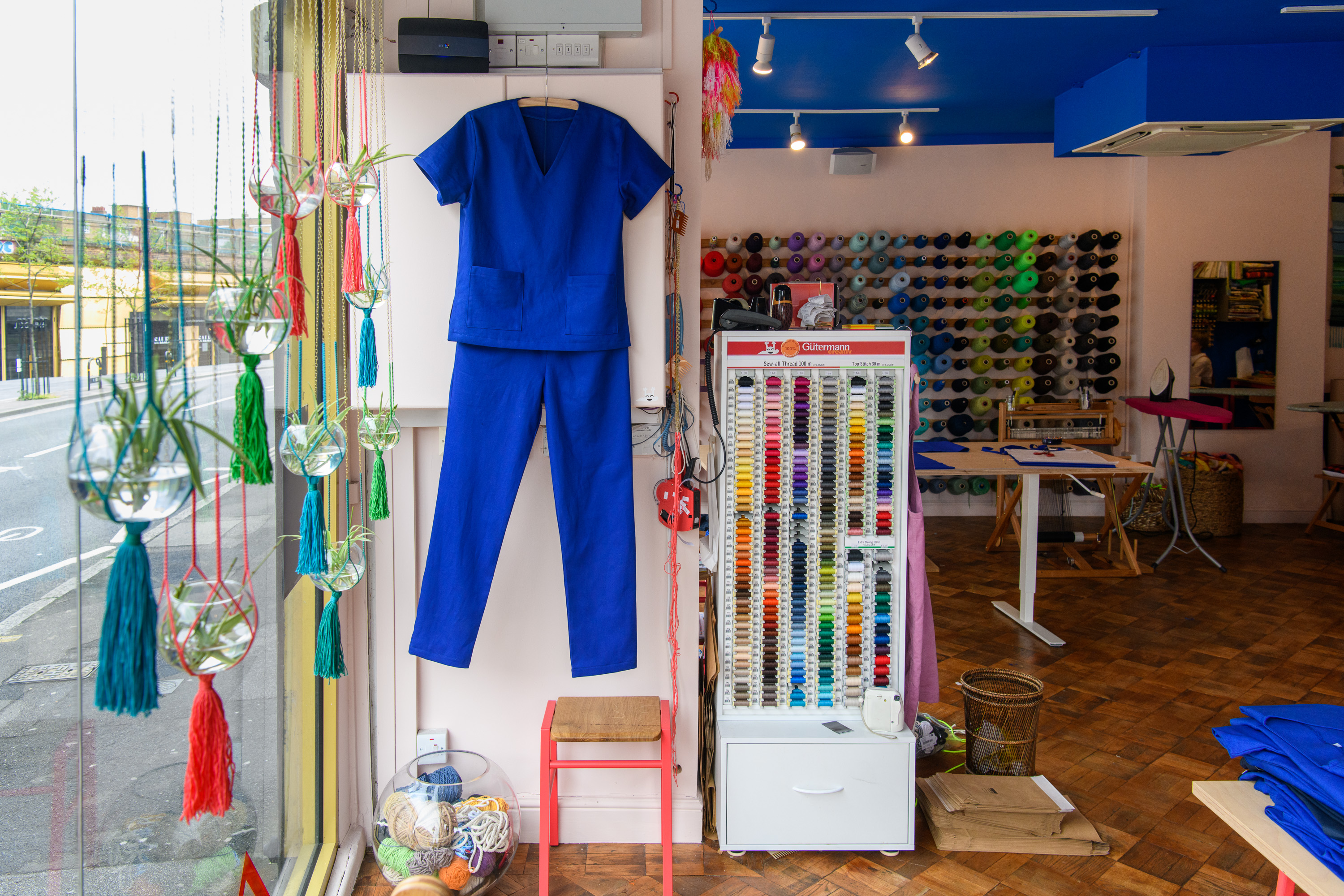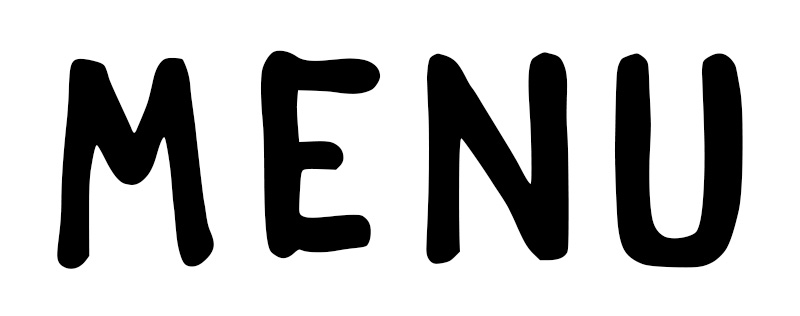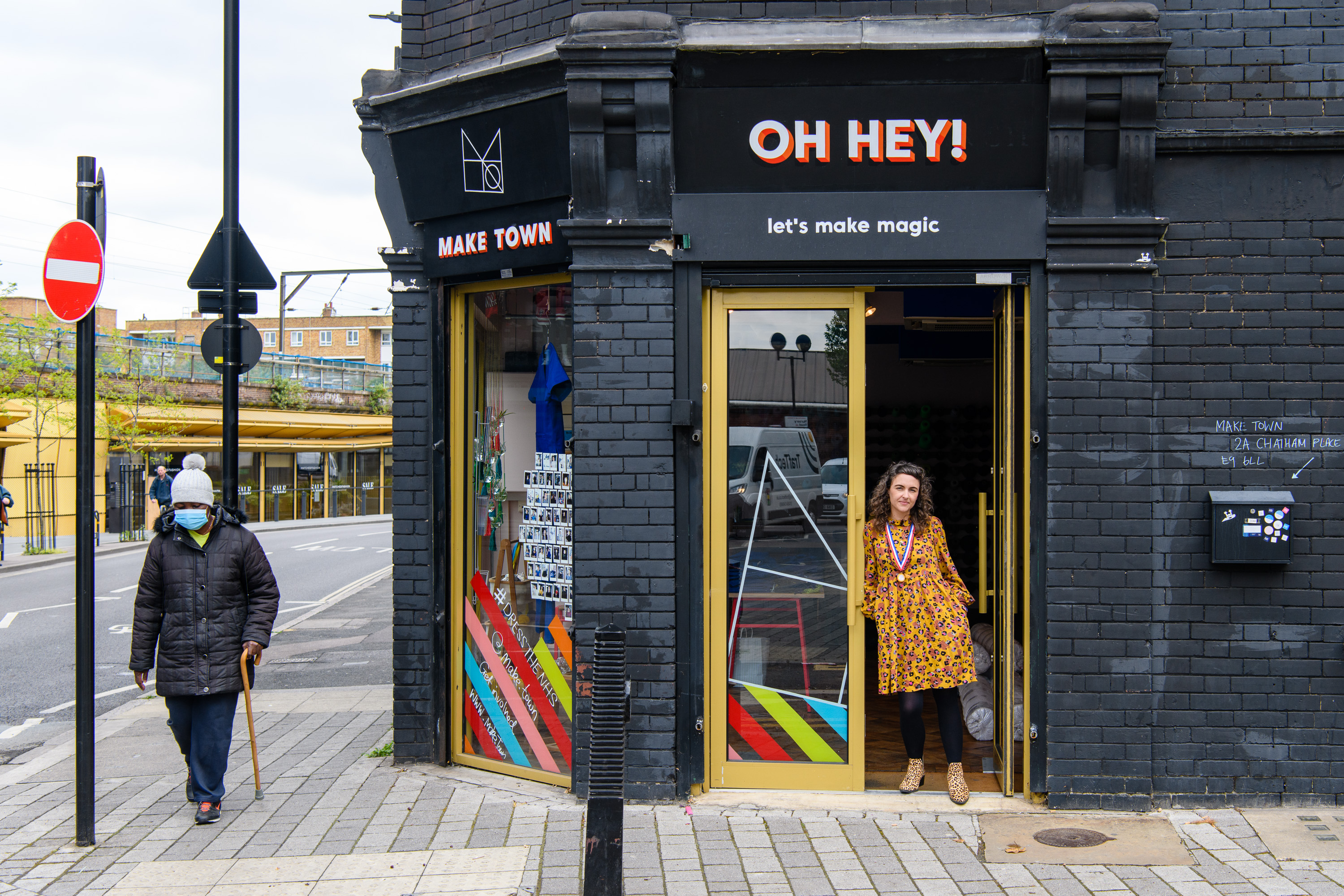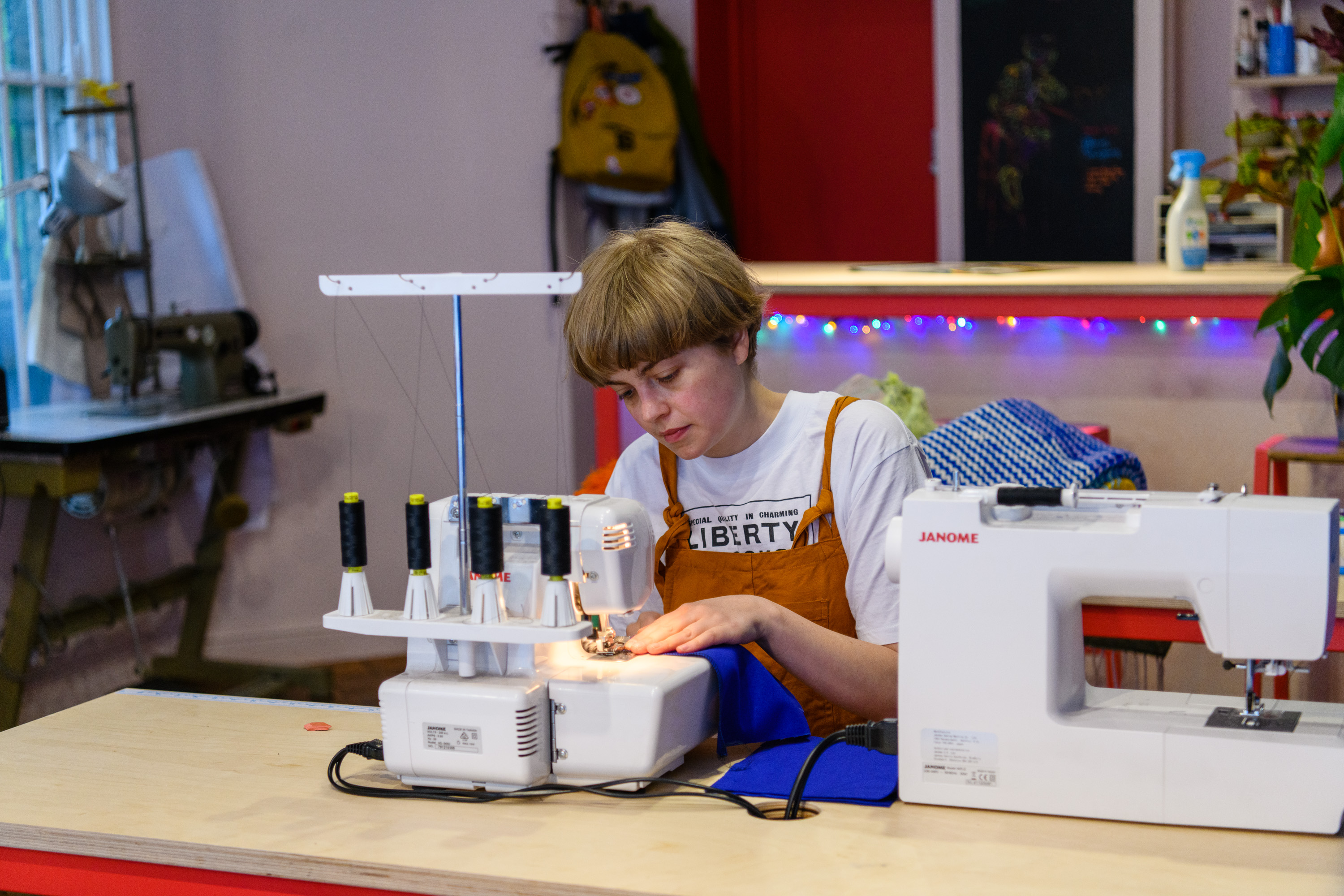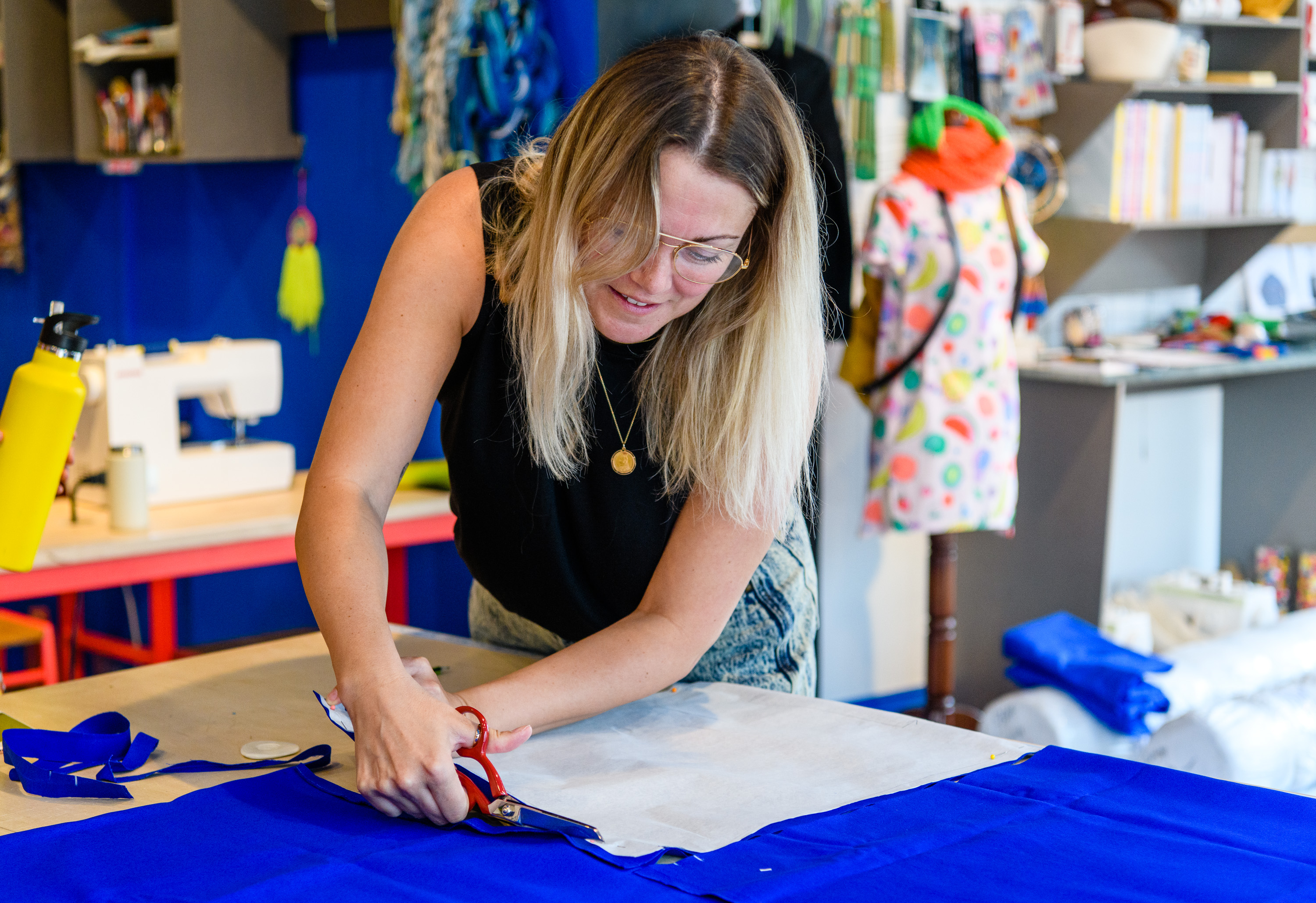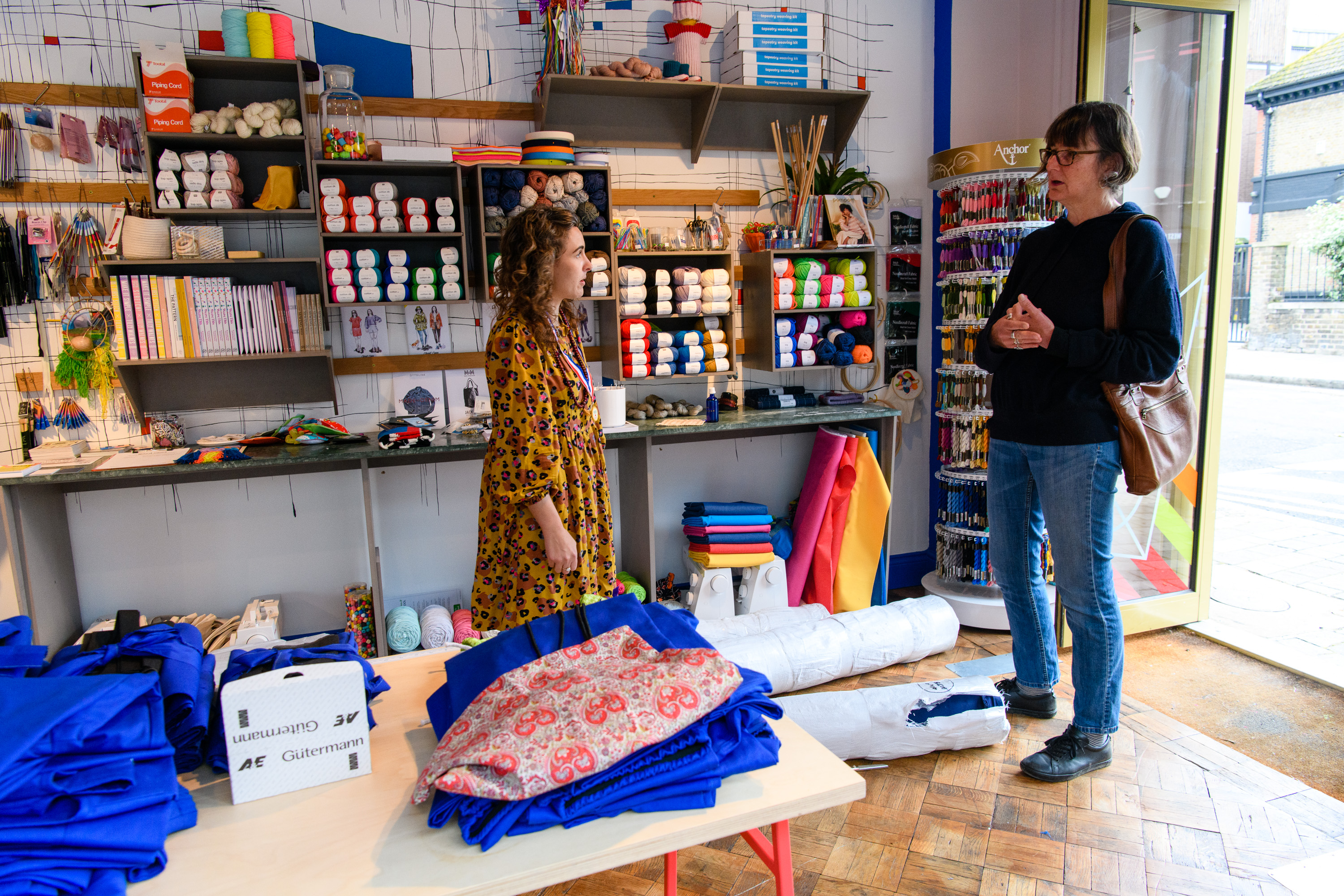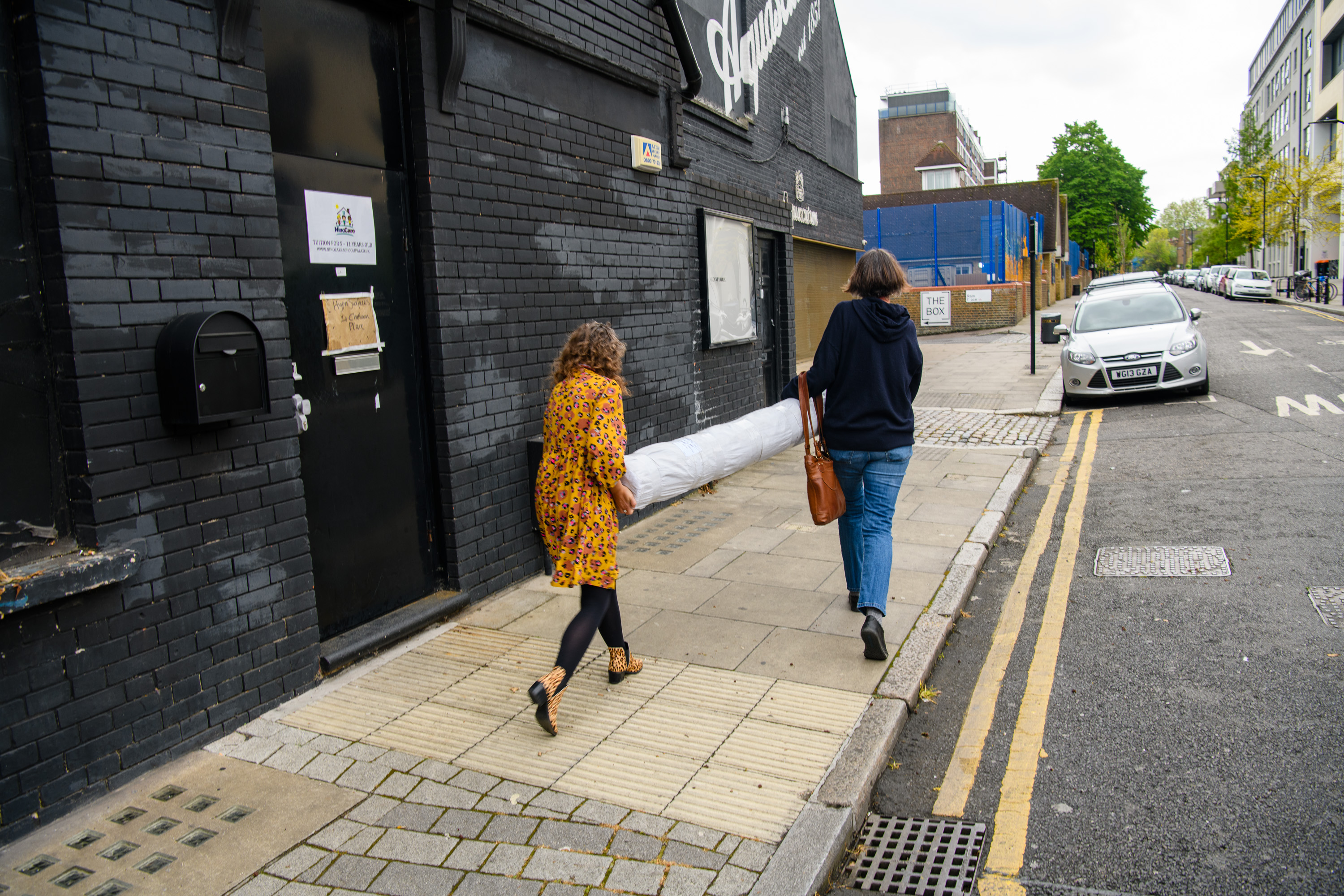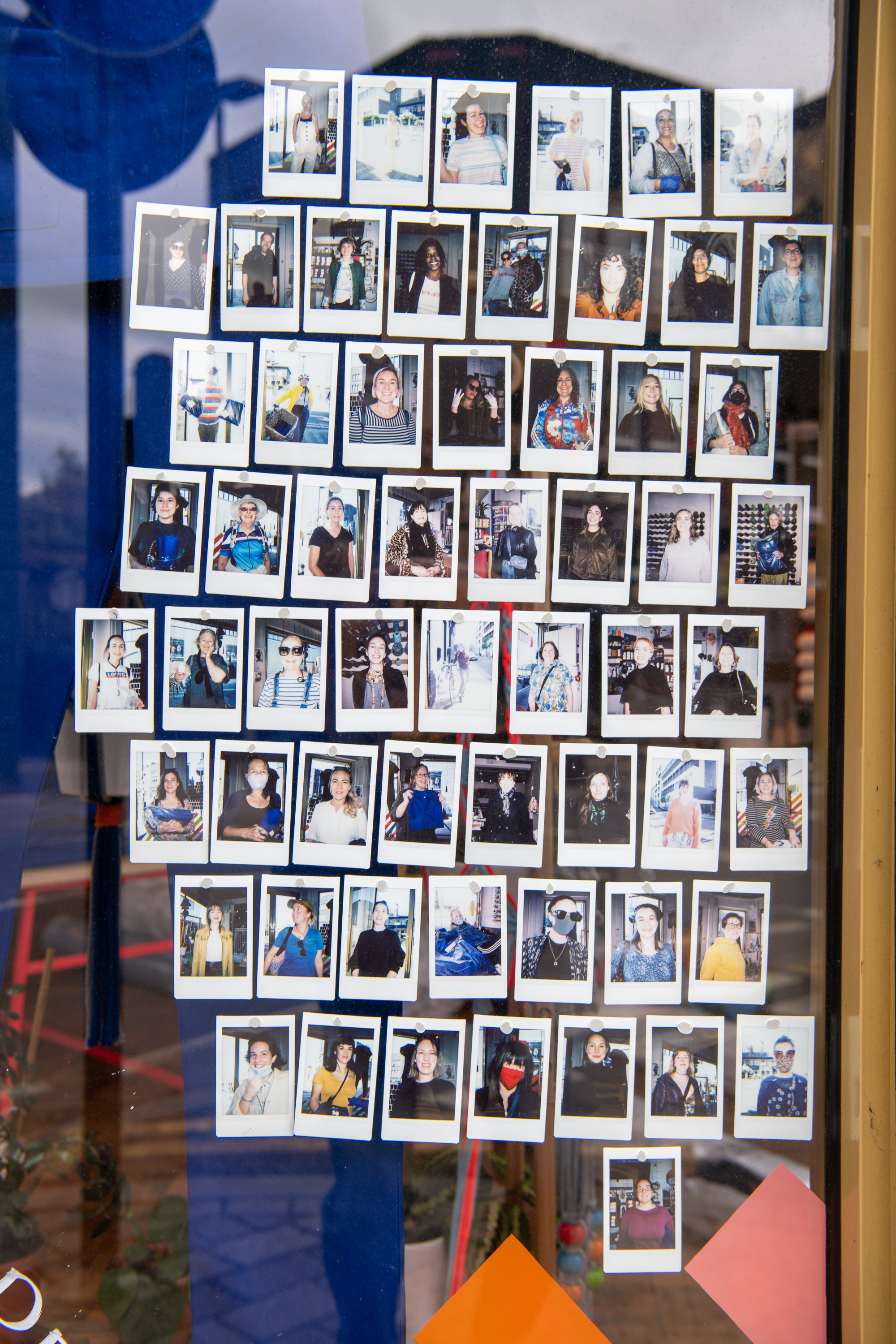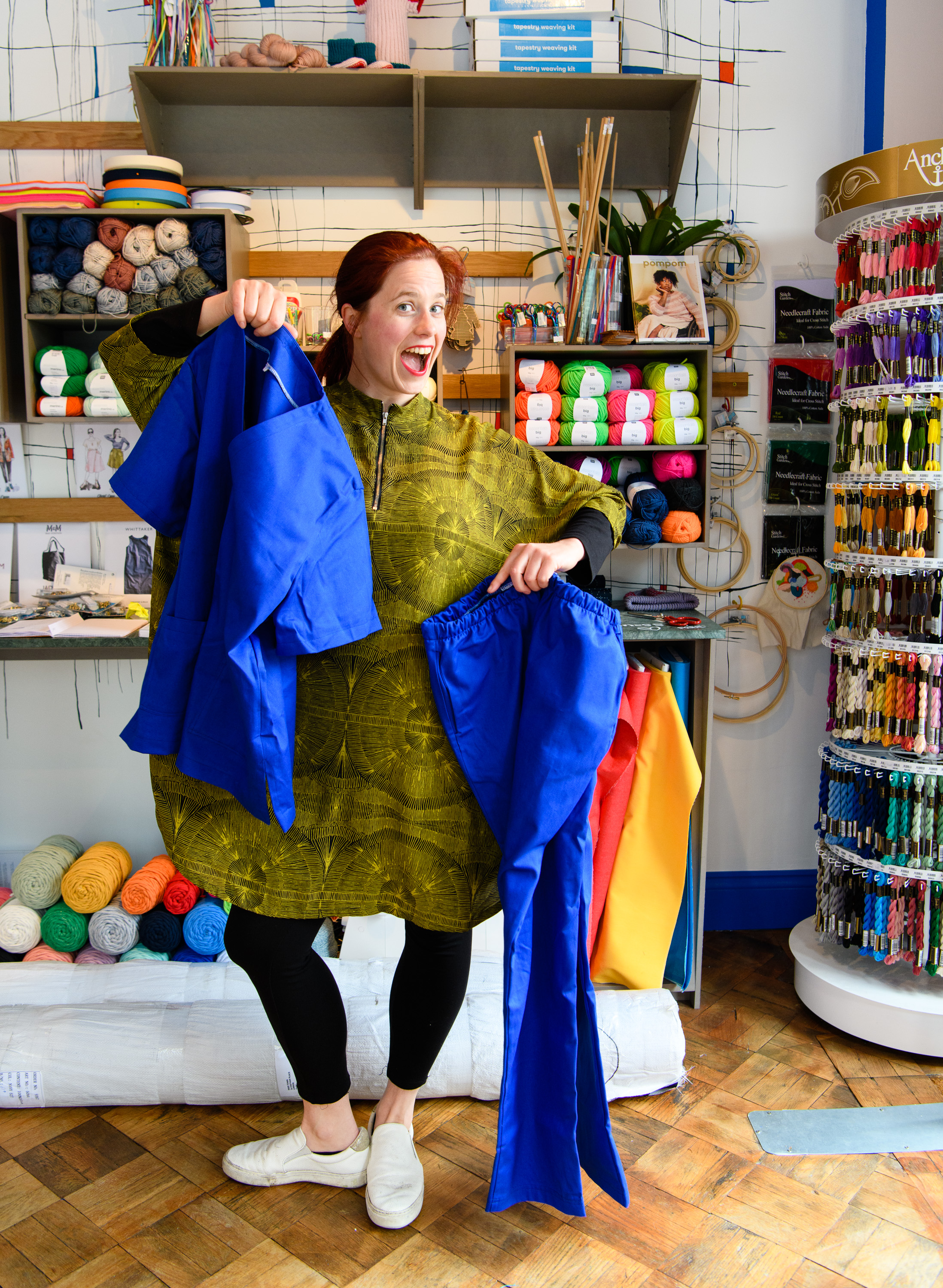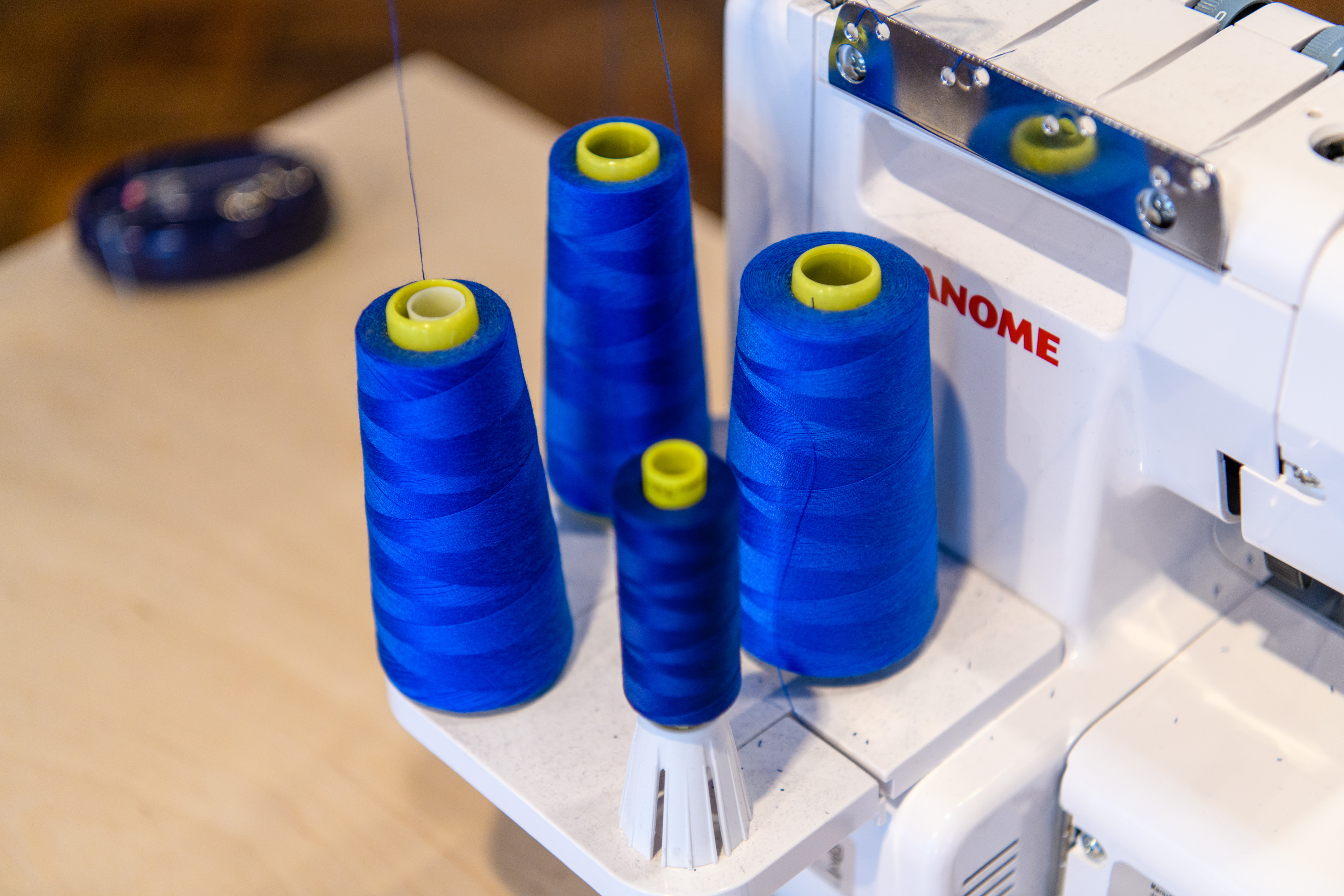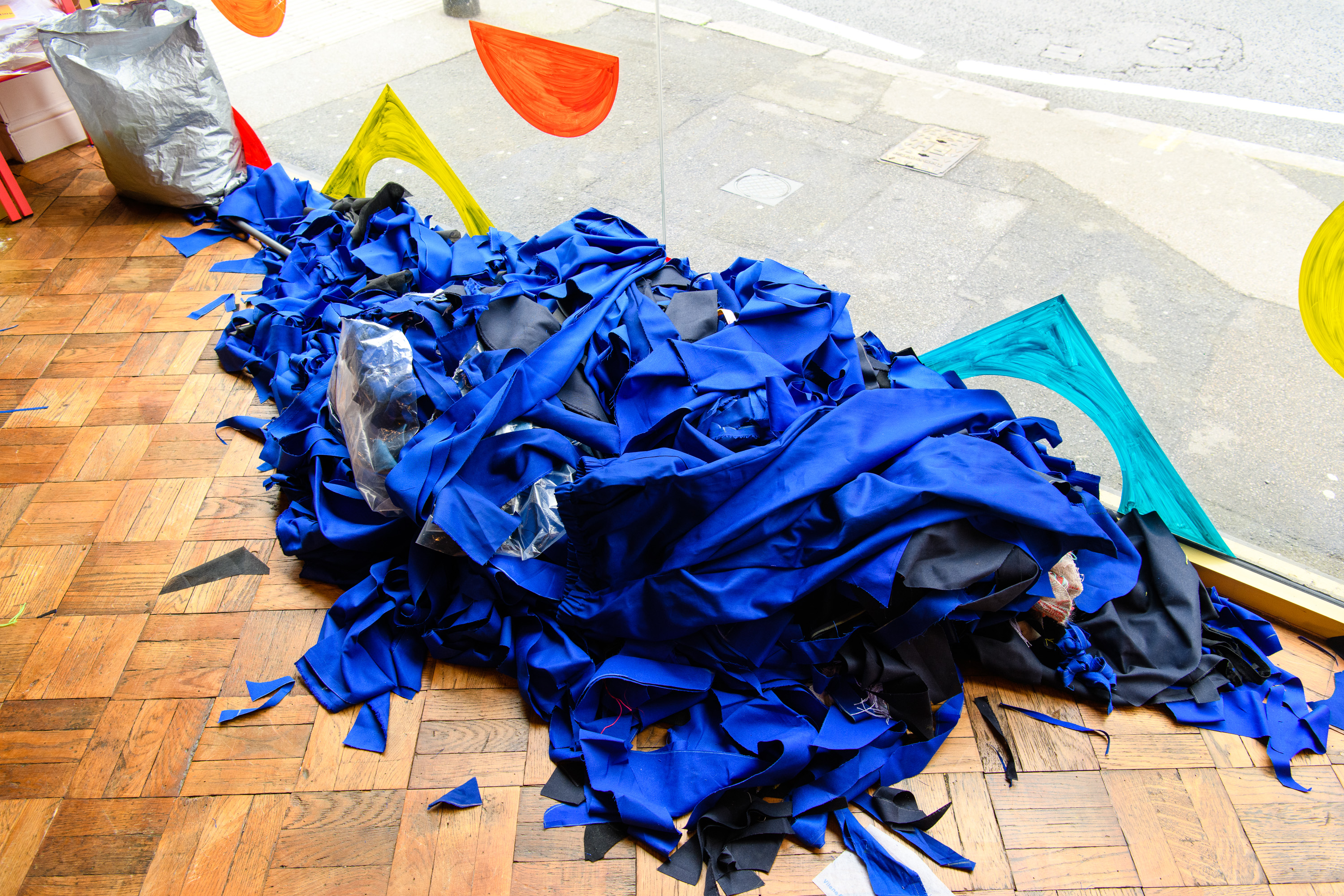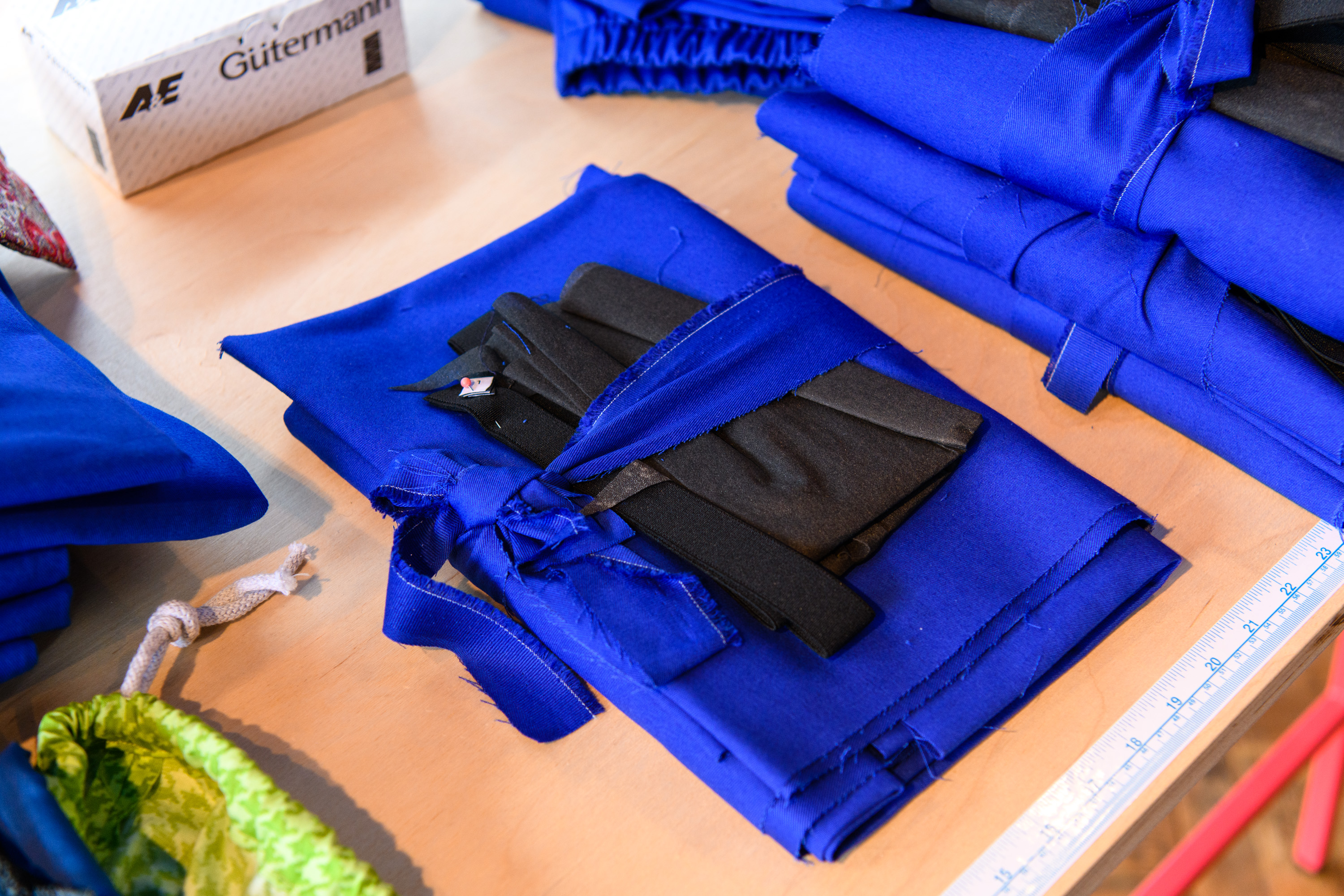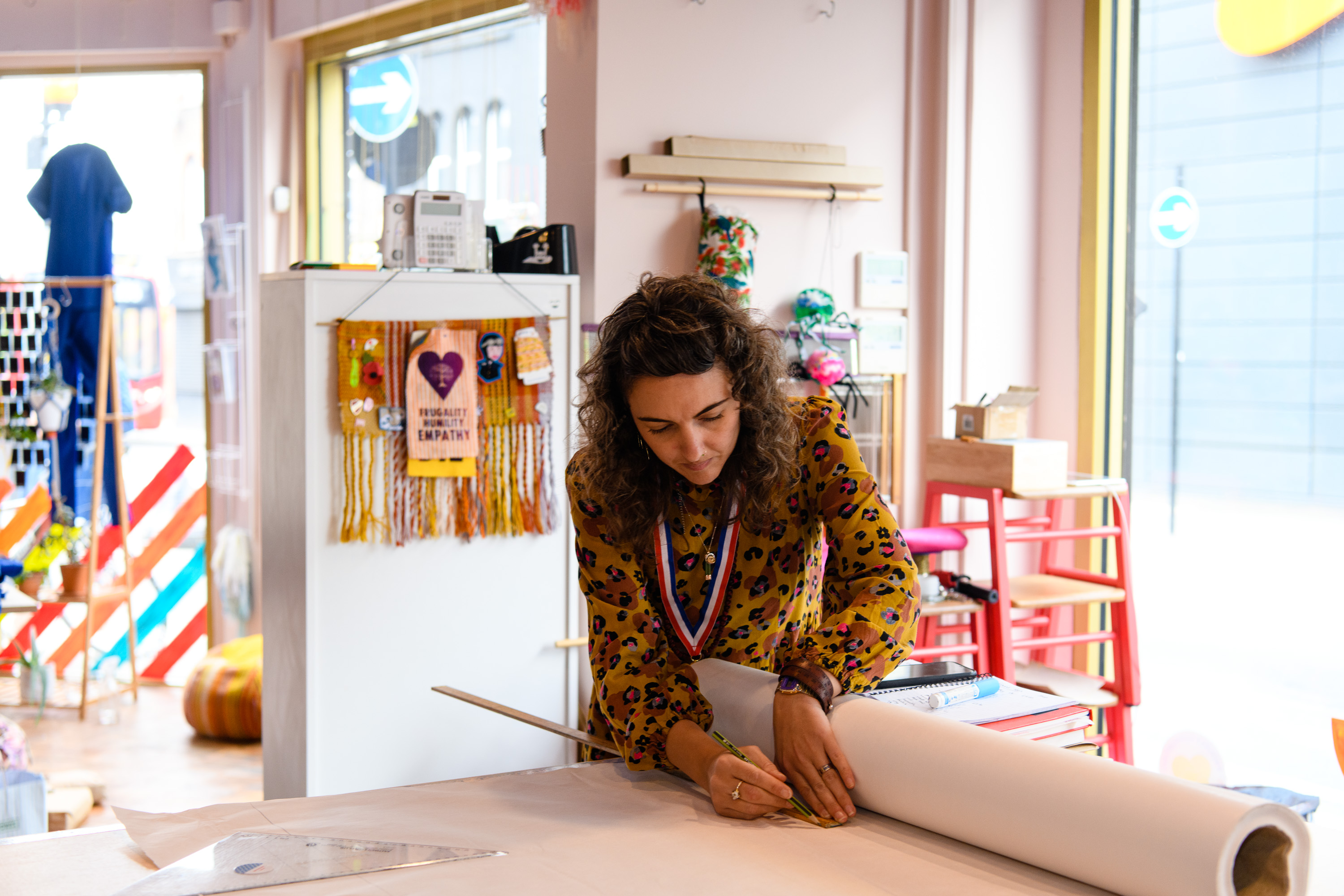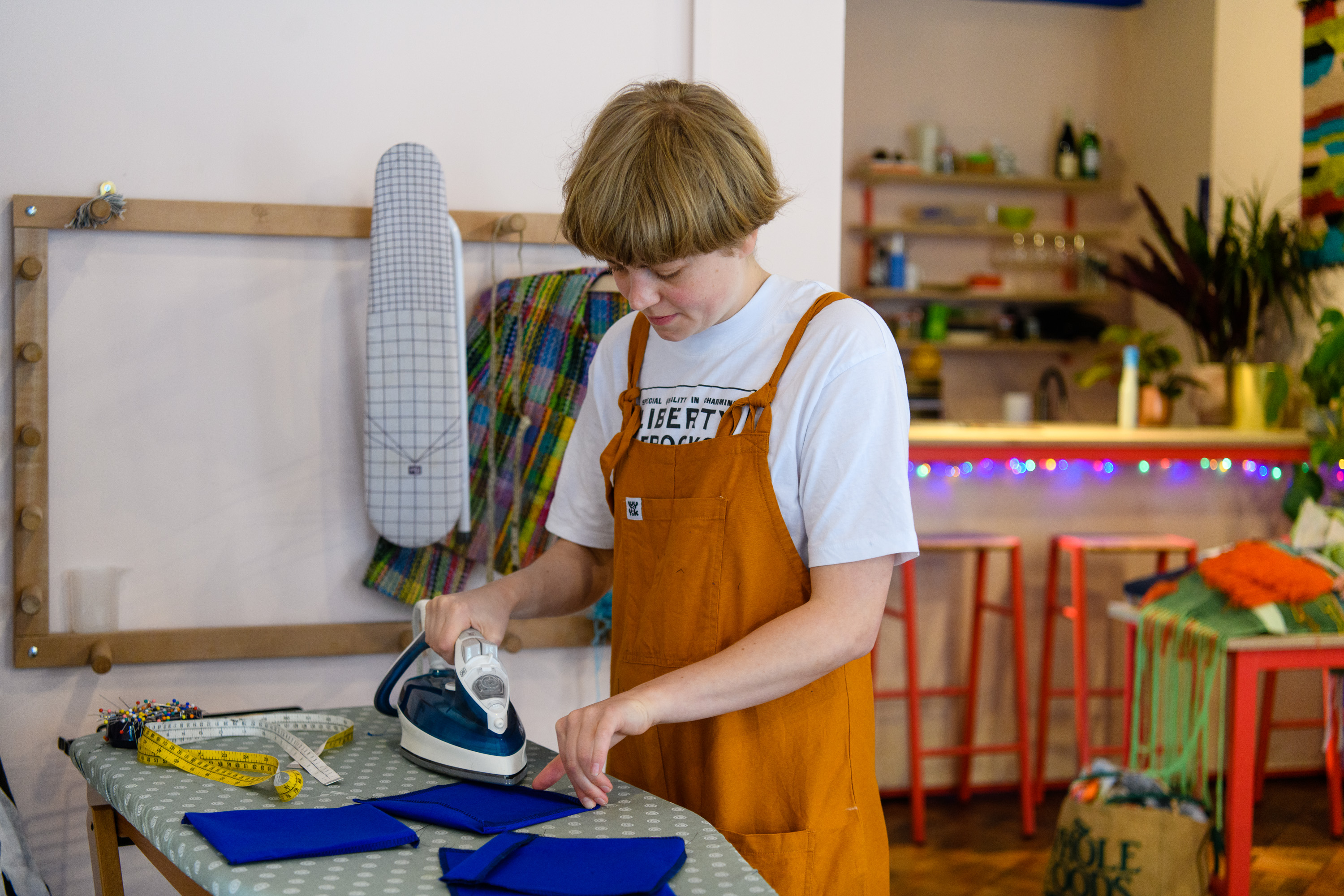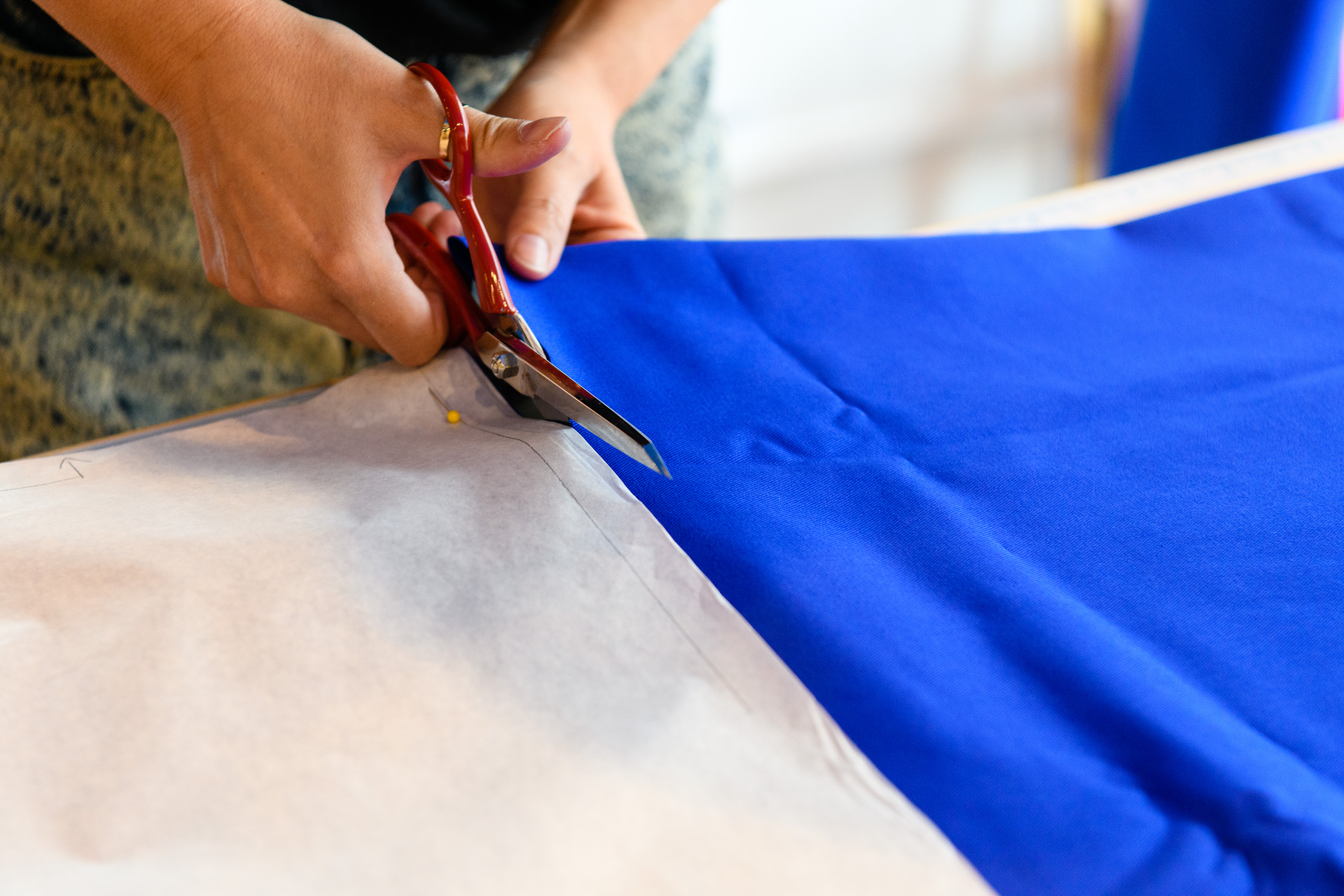We’re now in a unique situation where individuals and community groups have stepped into the breach to try and help both the health service as a whole and the individual health and care workers who are putting there lives on the line on a daily basis as the country tries to deal with the new reality of Coronavirus.
One such collective that has sprung to try and take some of the pressure off is Scrub Hub, a network of grassroots community groups who are getting together to provide newly stitched scrubs to order for NHS workers. The shortage of PPE has obviously been a huge problem for nurses and doctors and getting fresh scrubs can make a real difference.
Make Town is a textiles and craft studio based on Morning Lane, Hackney. Since they’ve opened, they been running creative workshops for people of all ages, as well as selling textiles supplies and products to the local community. Brooke Dennis, Make Town’s founder, has been involved with Scrub Hub since the earliest days of lockdown and her and a dedicated team of volunteers from the textile industry have stitched over 200 sets of scrubs.
We caught up with her to discuss Make Town, the community involvement in Scrub Hub, how they feel that charities shouldn’t plugging the holes left by governments and their intention to hold those responsible accountable.
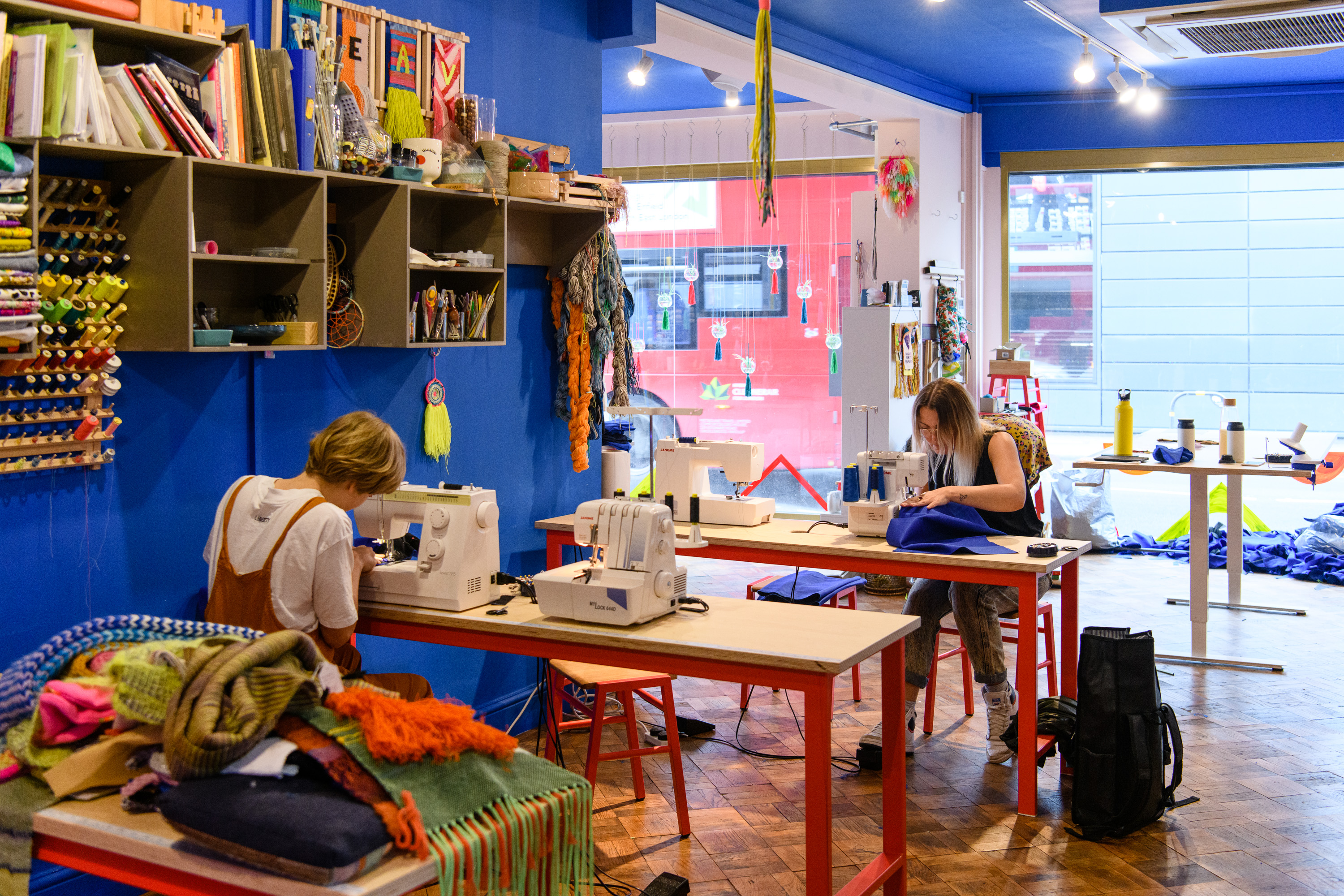
Tell us what Make Town is and how it you started it
“Make Town was created off the back of a very emotionally draining business I previously had that become unchallenging and stagnant. I needed something more fulfilling, more sustainable and to reach a wider audience, including more children. I have spent my entire life creating, I studied fashion in Aotearoa, New Zealand and have worked in the textile industry since I was 15 years old.”
“Tangible practical creation is where my heart lies, and I wanted to share that with anyone that would listen. As it turns out, people love a good yarn, everyone has a relationship with textiles and it's a lovely thing to discuss with strangers. Our community is ever growing, as we welcome young designers and creatives to use our space to host their events and workshops. Enabling a wider reach for them and new clients and for us to encourage our locals to continue to be excited with what we have to offer.”
How did you get involved with Scrub Hub and what exactly are you doing with them?
“I involved myself early in the Scrub Hub formation as I had an empty studio that was central and had access to resources to make this happen effectively. Ultimately with the lockdown I was lacking custom, so this is keeping me distracted at least for now. I run the manufacturing and supply side of the scrubs. We have a team of admin fielding orders and enquires across England. We now have a database and network of members that we can quickly identify and share information and resources across the country. We have Maya fronting the media queries, which initially was exciting, but the adrenaline has worn off after 6 weeks of sewing blue. We no longer feel that this situation should be plugged by the generosity of the sewing community as a story of community spirit and we will be moving forward to identify the lack of planning and to hold those responsible accountable.”
”We have multiple admin for social media platforms and moderating forums and pages. We also have a dedicated pattern cutter in the team and our volunteer sewing army of course, filled with impeccable sewers from textile industries, theatre, costumers, film, small independent fashion house, Instagram sewing gurus and the like. A highly skilled and wonderfully big-hearted team of people, not amateur sewers as we have been previously named.”

Walk us through the process of getting an order and making the scrubs?
“We source cloth from Yorkshire, and along with 5 other cutters we cut the fabric into different sized scrubs. The cut pieces get returned to me at Make Town and we bundle them into parcels with elastic, threads, size labels and stabiliser. The volunteer sewing army sign up for a pick up slot in 15 minute intervals and they come and collect it, take it home and sew it and return it in the same way. I receive them, post them out for individual orders, or we get one of the driving team to collect a large bulk order and deliver it. I work 6 days a week ensuring everyone is taken care of, in a timely fashion to the highest standard, with the best resources and materials. Between this I also sew the scrubs, 'homeschool' two teenage kids and apply for financial assistance or advice and help from any organisation or bank I can contact. My business and myself are unable to access any grants or loans in the current situation, which potentially will leave me bankrupt and without a studio.”

What’s the response been like from NHS staff? Do you know how many sets of scrubs you guys have made so far?
“We have made over 200 sets of scrubs in 5 weeks. It's important to us that we approach this from a sustainable angle. Not only for the planet but the free labour given. We want to use quality materials, 100% cotton and natural fibres, which we have had to pay a higher price for, we know that these will endure the rigorous and relentless wearing and washing for this line of work. We want these to be cut so they are comfortable to wear and for them to still breathe after a 13-hour shift.”
“We want our sewing army to work to a high standard, we ensure each set is made following our guidelines and techniques and that our sewers are able to enjoy their own time too. We look after our volunteers; we do not need them to be overworked or stressed because of this project in an already uncertain and anxious time. Our NHS staff are grateful but understandably disgusted in the situation they find themselves having to work in. Our local community Hospices and care home facilities are extremely grateful. They rely on donations to survive and these are drying up, so we will continue to support these organisations as long as we can.”
Have you had a lot of people from the local community getting involved?
“We have had hundreds of people helping us which has been incredibly heart-warming. We have children and families making washbags and sharing their stories with us about how they are helping their mum. We have people knock on the window while we are working inside and give us thumbs up and salutes and cash donations too. It's terrific to be able to use our skill in a crisis. Textiles is not woman's work in the home, or for factories and fast fashion. Handcraft is a way for people to connect and learn from each other through a shared goal. Make Town believes actions speak louder than words and feelings and connections are ultimately more rewarding than pay checks and promises.”
What more can the public do to help guys?
“We are still fundraising through GoFundMe. Can I also urge the public to voice their concerns that this situation got to this point in the first place by reaching out to Boris or your local councillor. This is not going to be masked behind a good news story, this is about people having to do free labour for a govt agency that has been mismanaged into dire circumstances while knowing the severity of the crisis approaching and choose to ignore professionals.
“And please support small businesses in your community. Every single one will endure a very tough road to recovery. And a little goes a very long way. A kind review on google or a social media follow, like and share makes the heart glow if cold hard cash isn't an option. Walk by your local takeaway coffee shop and smile and wave! It will make their day.”
More info:
https://make.town
https://scrubhub.org.uk
